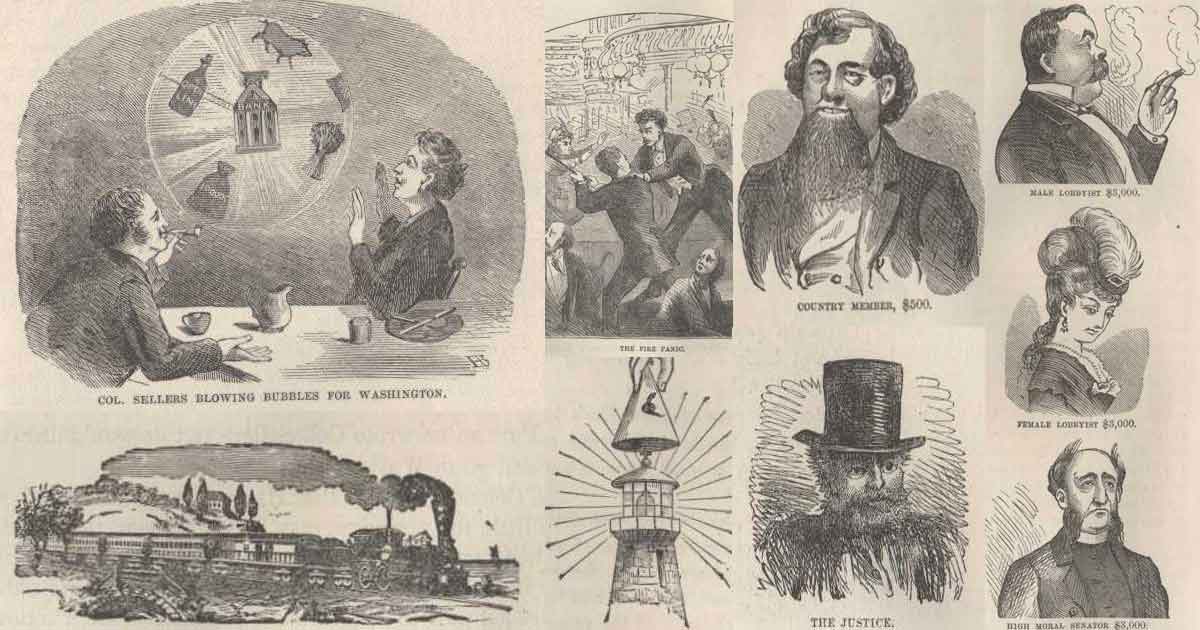Understanding Marx and Marxian Class Theory

We present a simple guide to Marx, Marxian class theory, Marx’s theory of history, and Marx’s economic theories to help westerners understand what Marx was all about.
Socialism describes a wide array of political and economic theories that promote social equality.
These theories often advocate things like classlessness, nationlessness, and global “egalitarian” equality, but not always. Likewise, they often advocate that the means of production, distribution, and exchange should be owned or regulated by the community as a whole, but, not always.
Socialism is a general statement on equality, but it does not explicitly refute other ideologies or private property in general, and is not a statement on authority.
Thus, we have libertarian socialists who seek little to no coercion by government, democratic socialists who still want to advance socialism via democratic means, social liberals who seek a safety net in a liberal and capitalist system, and more.
Stalinists may have called themselves socialists, but to be fair, North Korea calls itself a “Democratic People’s Republic”, so like. “your point being”.
The idea that socialism doesn’t work (in any form), that it is always like its WW2 Stalinist form, or that it isn’t compatible with a mix-system are essentially myths spread by right-wingers and oligarchs… Although, with that said, the idea that pure authoritative Communism works for large systems and can replace the liberal benefits of democratic capitalism is… a myth spread by left-wing ideologues and despots.
The answer is likely somewhere in the middle, but to find a middle we need to not dismiss the whole concept of a government that works for all people and not just the few.
TIP: The terms socialist and communist all relate to a few ideas, 1. A system that works for the common people, 2. common ownership (but that doesn’t mean private ownership can’t exist), 3. the idea of egalitarian tribal-like collective communes (which work best as sub-systems; like the Shakers).

We present a simple guide to Marx, Marxian class theory, Marx’s theory of history, and Marx’s economic theories to help westerners understand what Marx was all about.

Below we present an annotated version of Andrew Carnegie’s 1889 essay Wealth (better known as the Gospel of Wealth).